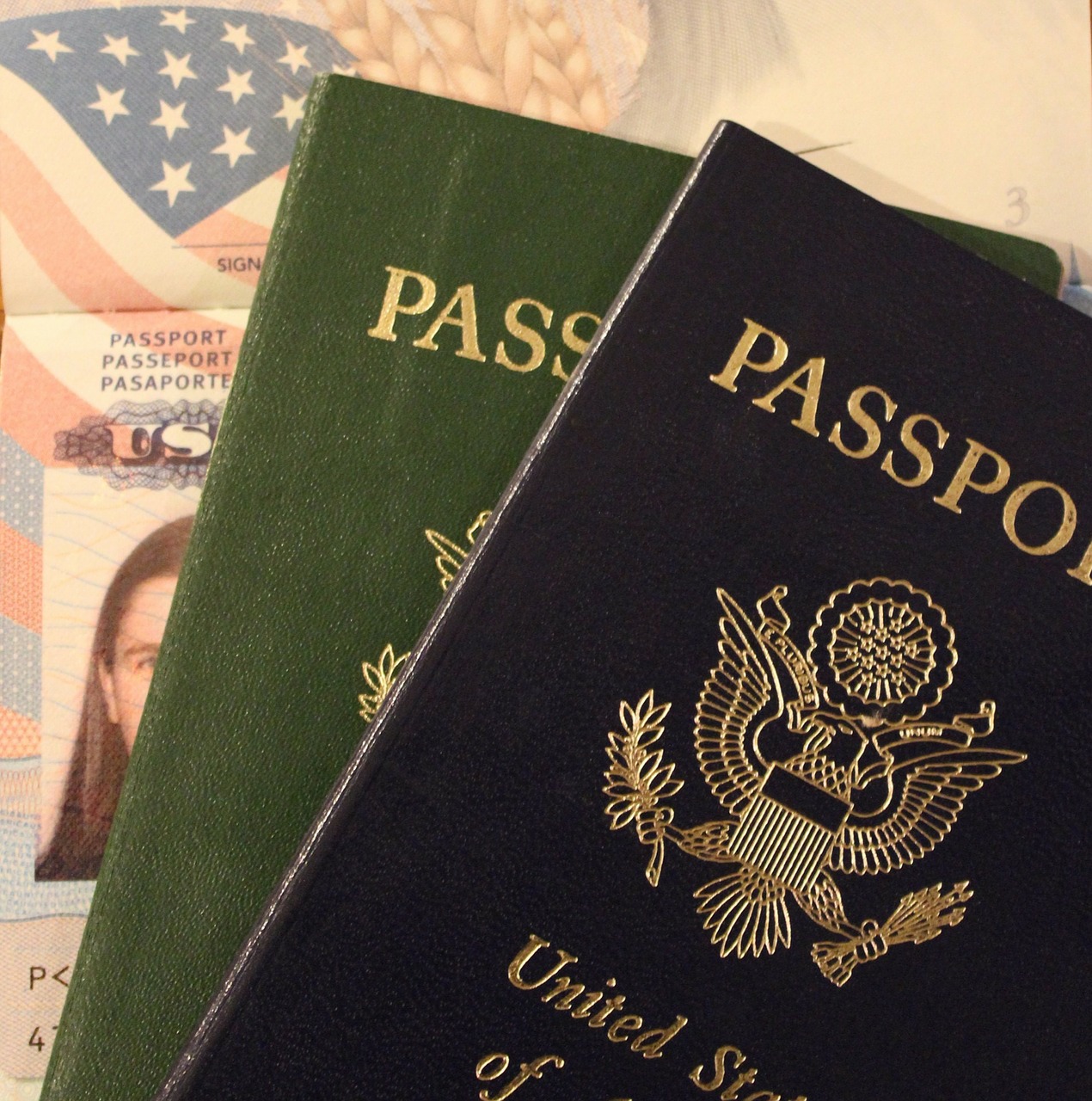Modern nation states utilize political models that were unanticipated in any of our premodern scriptures. It is anachronistic to ask whether “Islam” endorses constitutionalism or democracy. Islam as such does not proscribe any one particular system of government. (Of course “Islam” doesn’t do anything, Muslims do. We human beings are the agents of our religious traditions.)
Rather, there are general ethical principles that have to be guaranteed under any system of government that Muslims adopt, like social justice; protection of life, property, and honor of humanity; accountability of rulers to law; distribution of wealth; and protection of minorities. All systems of government are imperfect, and it is not only good but also healthy to be perpetually vigilant against abuses of any form of government. However, it may also be the case that a genuine and robust democracy is the least imperfect of all imperfect political models today, as others before us have said.
By speaking of a robust democracy, we are not talking about simply copying the American model of democracy, which is in many ways broken — beholden to special interest groups, and perhaps better labeled as an oligarchy or plutocracy. The ideal model that I see for Muslims would be more akin to some of the European models that combine democracy with guaranteed social services like universal health care, widespread education, respect for human rights and minimized military spending.






